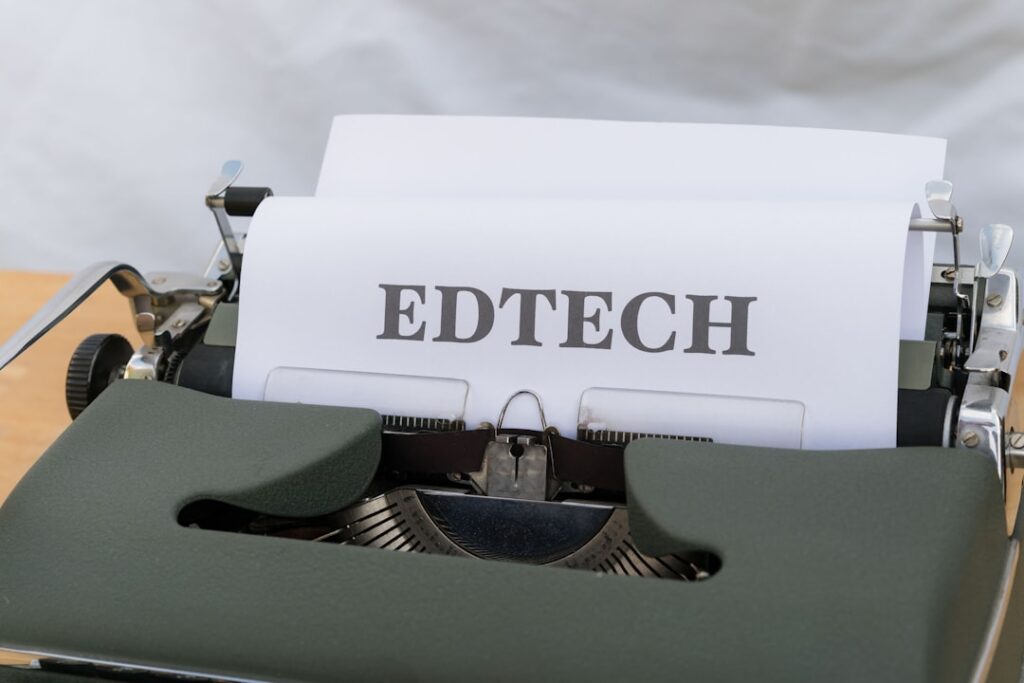Published on: July 4, 2025
As students in India gear up for the significant academic challenges that lie ahead in 2025, mastering the SAT alongside preparations for entrance examinations like JEE Main and Advanced, NEET, CUET, BITSAT, and various board exams requires a meticulous approach. The SAT serves as a critical gateway, particularly for aspirants looking to study abroad, and understanding complex subjects such as astrophysics can contribute to a well-rounded academic profile. The nuances of black hole formation and evolution theories not only represent a fascinating intersection between theoretical physics and astronomical observations; they also embody the kind of high-level analytical thinking that educational institutions value highly. Black holes, formed from the remnants of massive stars that have undergone gravitational collapse, present profound questions about the universe. This makes them a valuable topic for students to explore, synthesizing knowledge from physics, mathematics, and interdisciplinary fields to enhance their SAT preparation.
Amidst preparing for an array of competitive examinations, students must stay updated with the latest exam schedules, syllabi, and eligibility criteria. According to the National Testing Agency (NTA) and other governing bodies, the 2025 exam schedules for JEE, NEET, and other entrance exams will align closely with academic calendars, commencing in early 2025. Notably, changes in syllabus formats have been a topic of discussion; for instance, the integration of contemporary scientific advancements like artificial intelligence and new methodologies in physics and chemistry is crucial. Additionally, the pattern for exams like the SAT and JEE maintains a focus on problem-solving and application-based questioning, emphasizing deep understanding over rote memorization. Therefore, resources like NCERT textbooks become indispensable as they cover fundamental concepts, providing a strong foundation before venturing into advanced subjects. Specialized resources like HC Verma for physics and MTG publications for biology enable students to delve deeper into specialized topics while preparing for the competitive landscape.
Utilizing online mock tests can significantly enhance one’s preparedness. For example, platforms like Testbook, Embibe, Vedantu, Physics Wallah, and Cracku have emerged as frontrunners in providing targeted practice and resources for students. Testbook excels in offering concept-wise mock tests in an engaging format, while Embibe combines personalized learning with data analytics to identify strengths and weaknesses, presenting an edge in preparation. Vedantu stands out with its live tutoring sessions, helping clarify complex subjects such as physical chemistry and kinematics and enabling a real-time learning experience. Physics Wallah, built on the foundation of quality teaching, emphasizes both affordability and clarity, making physics and chemistry more approachable. Cracku, known for its insightful question banks, complements the other platforms by providing students with diverse practice opportunities across various subjects. The pricing strategies vary, with some platforms like Physics Wallah providing free resources alongside more comprehensive paid options, ensuring accessibility for all students regardless of their background. The features relating to subject emphasis, not only in science but also in math through topics like algebra, trigonometry, and calculus, are carefully curated to enable mastery.
In a typical study routine, implementing research-backed techniques can increase effectiveness. Strategies such as spaced repetition and the Pomodoro technique encourage students to alternate between study and rest, which is particularly useful when grappling with intricate concepts such as black hole physics or organic chemistry. For instance, dedicating specific days to subjects based on the syllabus and individual comfort—like focusing on biology in one session while diving into physics in another—can optimize retention rates. A compelling weekly timetable might incorporate focused study sessions, interspersed with breaks and mock tests. Incorporating flashcards for quick reviews, especially for formulas in physics or chemical reactions in organic chemistry, can also play a significant role in deepening understanding. Resources such as the NTA Abhyas app, which simulates real examination conditions, are pivotal for acclimatization to pressures faced during the actual tests.
Adopting a structured study approach often leads to heightened performance on standardized tests and competitive examinations. Students frequently ask common questions that can collectively assist in navigating their preparation. Among these inquiries, the frequency of mock tests remains paramount; ideally, aspiring students should attempt at least one test per week, progressively increasing the frequency as exams approach. Knowing about the number of permitted attempts for critical exams, like JEE and NEET, also fosters strategic planning; both allow up to three attempts, hence using data analytics from mock tests can guide students in focusing on lowering their error rates. Utilizing analytical tools available on platforms like Embibe can markedly enhance performance tracking, making it easier to set future targets. Another common inquiry centers around registration timelines, with vital dates for various exams typically announced six months prior to the examinations. This knowledge allows students to prepare ahead, avoiding last-minute chaos.
In conclusion, mastering the intricacies of the SAT alongside the vast cosmos of astrophysics, particularly focusing on black hole formation and evolution theories, provides an aspirational framework for Indian students gearing up for the 2025 academic challenges. The synergy between thorough examination preparation, echoed through the emphasis on successful methodologies and resource selection, is paramount to achieving competitive goals. By weaving effective study techniques with regular mock testing, and by utilizing diverse learning platforms tailored for their unique needs, students can cultivate a disciplined and efficient study regimen. As they not only prepare to excel in entrance exams but also experience a holistic academic journey, the emphasis should always remain on understanding over memorization. This approach will undoubtedly serve them well, fostering confidence and depth of knowledge as they navigate this pivotal chapter of their educational careers. Therefore, as students embark on their journeys from classes 10 to 12—whether they are newcomers or repeaters—embracing this preparatory landscape with vigor and strategy will unlock myriad opportunities, particularly in fields as expansive as astrophysics.
